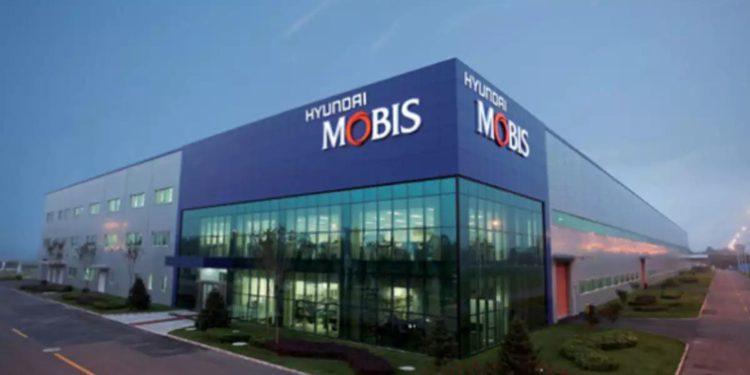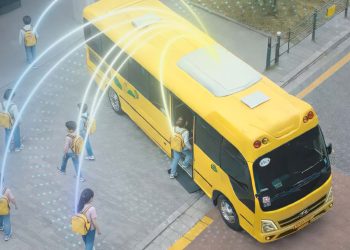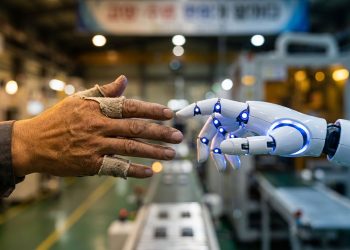Hyundai Mobis has unveiled an advanced parking technology, MPS 1.0 Premium, designed to streamline the parking experience for drivers. This technology builds upon the company’s pioneering next-generation parking control system, MPS, in 2021.
A standout feature of this innovative system is the “Memory Parking Assist (MPA),” which elevates the autonomous parking capabilities of vehicles. With MPA, drivers can use a path-learning mode to teach their cars specific parking maneuvers. Once this learning process is complete, the vehicle autonomously remembers the route. It can replicate the parking sequence with just one touch from the driver during subsequent visits to the exact location.
Hyundai Mobis‘ parking technology, MPS 1.0 Premium, is ready for adoption in Europe and China, regions known for their widespread use of designated parking areas and private garages. The system eliminates the need for drivers to manually park their vehicles as it offers a significant convenience boost.
At the core of MPS lies an image-based sensor fusion, a sophisticated blend of ultrasonic sensors, and Surround View Monitor (SVM) cameras. Leveraging advanced technology, it detects the vehicle’s position and generates a detailed map using the collected data, enabling it to offer driving assistance within a range of up to 100 meters. Hyundai Mobis’ solution distinguishes itself by avoiding costly lidar or radar sensors commonly used in similar systems developed by foreign companies.
In addition to its path-learning capabilities, the enhanced MPS introduces Remote Smart Parking Assist (RSPA), an advanced feature enabling the vehicle to navigate parallel or perpendicular parking spaces autonomously. This system leverages image-based sensor fusion technology to recognize parking lines, significantly reducing the driver’s involvement in parking maneuvers.
While the current RSPA, found in various mass-produced vehicles, relies on ultrasonic sensors and simplifies parking operations with the press of a button, it still requires nearby vehicles for ultrasonic wave recognition. On the other hand, Hyundai Mobis’ parking control system relies solely on cost-effective ultrasonic and SVM cameras, avoiding the expense associated with radar or LIDAR sensors.
The company also plans to evolve its autonomous parking system to incorporate Automated Valet Parking (AVP), a fully unmanned parking system that promises further convenience.
Also, Hyundai Mobis has introduced parking line recognition to the RSPA 2 version. Through image-based sensor fusion, this feature enhances autonomous parking by enabling vehicles to recognize parking lines, even in vacant parking spaces without neighboring cars. The part has already debuted in Kia’s recently launched electric vehicles, including the EV9, G90, GV60, and IONIQ 6.
Hyundai Mobis will participate in the AutoSens Brussels 2023 conference titled “The Future of Vehicle Parking Innovation.” At the event, the company aims to present its achievements to industry insiders and experts in the ADAS (Advanced Driver Assistance Systems) and autonomous driving sector.
Read more from KoreaTechToday:
- Hyundai Introduces Rotator-Cam for Clearer Autonomous Driving
- Hyundai Motor Group Forges $398 M Partnership with Korea Zinc for EV Battery Materials
- Hyundai and Kia Partner with LS e-Mobility for $187 Million EV Relay Supply Deal
- Hyundai Motor Group and Qualcomm Team Up for Next-Gen Purpose-Built Vehicle Experience
- Hyundai Elevator Collaborates with KT and LG Electronics to Boost Robot-Elevator Linkage Business







